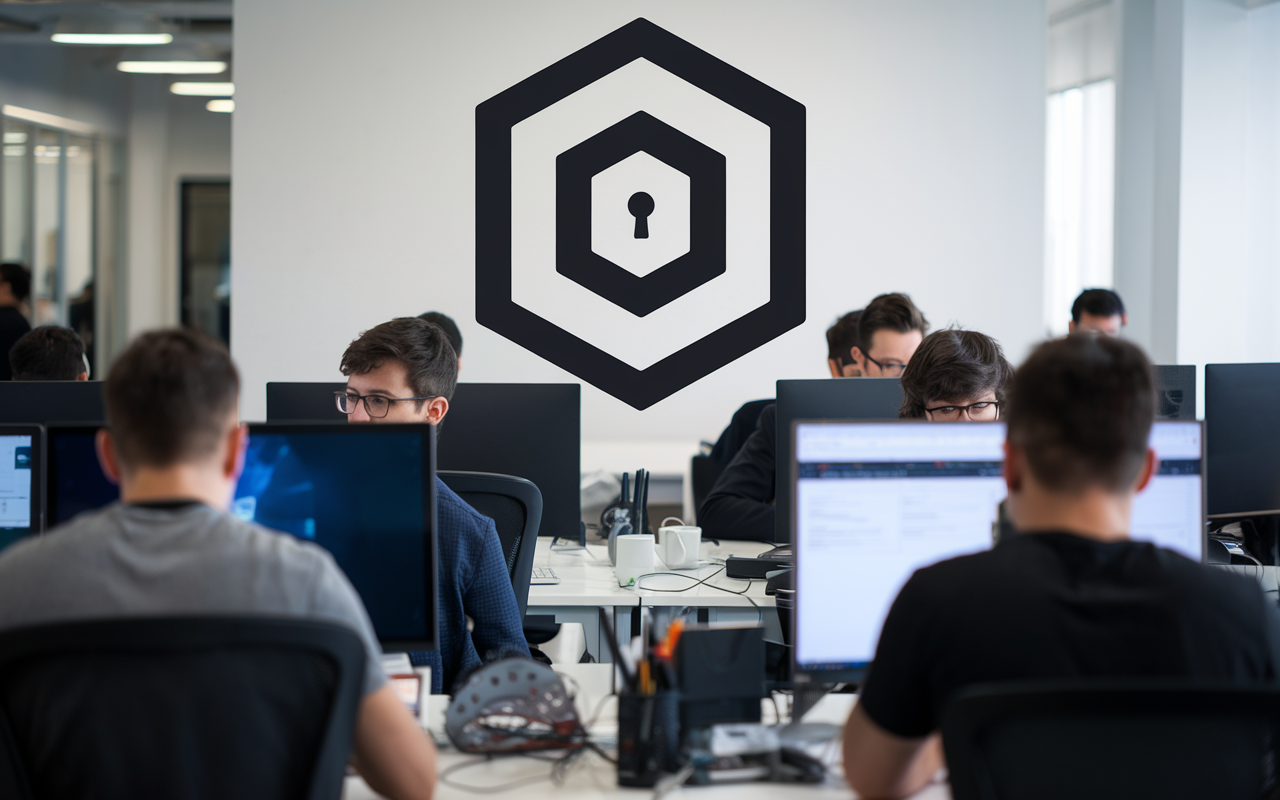The Hidden Cybersecurity Threat for Employees of Failed Startups 🚨🔒
In a tech landscape where startups often rise and fall, the aftermath can leave more than just financial distress for employees. Recent findings from Dylan Ayrey, co-founder and CEO of Truffle Security, cast a dire light on a cybersecurity risk that threatens the personal data of those who find themselves without a job after their startup's collapse. 🤯
Ayrey, known for his expertise in data leak detection, revealed that employees of failed startups might face a unique risk of having their sensitive information stolen through old Google logins. This unfortunate situation stems from the possibility of hackers purchasing the domains of defunct companies and gaining unauthorized access to various cloud services. Yes, you heard that right — the end of a company can lead to the exposure of personal details, including private Slack messages, Social Security numbers, and even banking information. 😱
Why Are Former Employees Particularly Vulnerable? 🤔
Startups typically utilize Google’s suite of applications and a plethora of cloud-based software, making them prime targets. In Ayrey’s research, he noted that there are currently tens of thousands of former employees at risk worldwide — a staggering figure that highlights a crucial need for awareness.
Here’s how it works: When hackers buy the expired domains of these startups, they can frequently access company applications, identify employee emails, and use features like "Sign in with Google" to infiltrate further into the systems. This could potentially lead to the acquisition of sensitive personal data stored within these platforms.
In a demonstration of how easy it is to exploit this vulnerability, Ayrey bought a domain of a failed startup and demonstrated that he could log into various accounts, including HR systems that contained private information like Social Security numbers.
The Role of Google’s OAuth Security 💻
While Google's OAuth should ideally protect user data, the implementation can vary. Ayrey discovered that the sub-identifier—a unique code assigned to each employee—could sometimes be unreliable, complicating the authentication process. Although Google claims this identifier is consistent, the HR provider's findings suggest otherwise. This misalignment poses serious questions about the robustness of security measures meant to shield former employees' data. 😬
A Call for Action 🔧
As Google begins to rethink and reopen dialogues about these vulnerabilities, there's a clear call for better practices when companies fail. Founders must ensure all cloud services and access points are fully shut down to prevent potential breaches. While Ayrey acknowledges that business shutdowns are emotionally taxing, it’s essential to prioritize security even during these chaotic times.
So, what can you do as a startup employee or founder?
- Stay Informed: Understanding potential cybersecurity threats is the first step in protecting yourself and your information.
- Use Strong Passwords: Opt for password managers and secure login methods.
- Request Data Deletion: If you leave a company, ask about the processes in place to ensure your data is safely deleted.
Conclusion: The Unseen Dangers Awaiting Startup Employees 🔍
The situation outlined by Dylan Ayrey serves as a stark reminder of how the tech industry, while often thrilling, hosts lurking threats—especially for those falling on difficult times. It’s clear that startups and their employees need to prioritize cybersecurity measures alongside innovation and growth.
So, let’s spread the word about this cybersecurity risk so we can protect ourselves in this ever-evolving digital age! Stay safe and vigilant, everyone! 🛡️✨
Feel free to share your thoughts below and let’s discuss how we can further bolster the security of startup employees collectively!

More Stories
Meta’s AR Ambitions and AI Safety: Insights from the Equity Podcast
Insight Partners Data Breach: A Wake-Up Call for Cybersecurity Awareness
Lovable’s Ascendancy: Anton Osika at TechCrunch Disrupt 2025